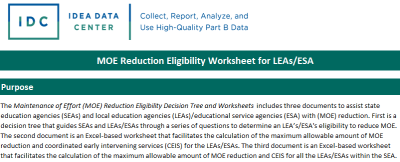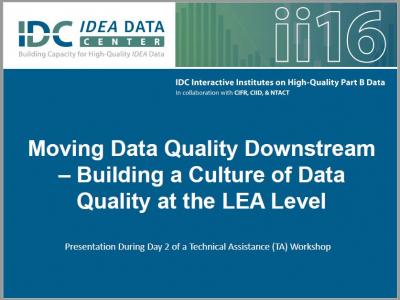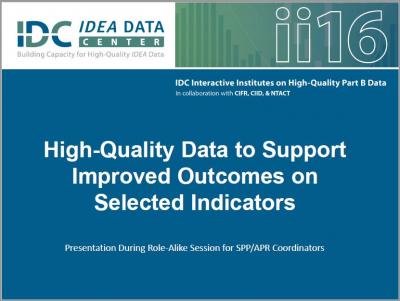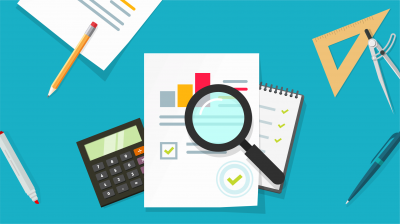Site Search
Results 1 - 7 of 19
Format: Guides and Briefs
Navigating Voluntary Coordinated Early Intervening Services (CEIS)This technical assistance document focuses on helping SEAs and LEAs better understand voluntary CEIS and its reporting requirements. It also provides examples of various data collection and reporting methods states use to collect and report voluntary CEIS data.
Format: Guides and Briefs
Navigating Coordinated Early Intervening Services (CEIS) Frequently Asked Questions (FAQ)This FAQ document focuses on helping SEAs and LEAs understand CEIS and its reporting requirements. SEAs and LEAs can use the resource in conjunction with the OSEP Guidance Memo 08-09.
Format: Applications and Spreadsheets
Maintenance of Effort (MOE) Reduction Eligibility Decision TreeThe Maintenance of Effort (MOE) Reduction Eligibility Decision Tree guides SEAs and LEAs/ESAs through a series of questions to determine an LEA’s/ESA's eligibility to reduce MOE.
Format: Applications and Spreadsheets
Maintenance of Effort (MOE) Reduction Eligibility WorksheetsThe Maintenance of Effort (MOE) Reduction Eligibility Worksheets includes two documents to assist SEAs and LEAs/ESAs with MOE reduction. The first is an Excel-based worksheet that facilitates the calculation of the maximum allowable amount of MOE reduction and CEIS for the LEA/ESAs. The second document is an Excel-based worksheet that facilitates the calculation of the maximum allowable amount of MOE reduction and CEIS for all the LEAs/ESAs within the SEA.
Format: Presentations
Moving Data Quality Downstream - Building a Culture of Data Quality at the LEA LevelPresenters and participants discussed strategies that SEAs can use to help LEAs in collecting section 618 and other state-required data that is of high-quality. They explored IDC’s Knowledge Lab that lists various resources around different data collections. The Knowledge Lab contains many resources designed to help SEAs and LEAs gather, collect, validate, and report high-quality data. The discussion allowed for state input on how the state uses or can use these resources.
Format: Presentations
High-Quality Data to Support Improved Outcomes on Selected IndicatorsThis interactive role-alike presentation for SPP/APR Coordinators engaged states in discussion and dialogue around their experiences with select APR Indicators that address student outcomes. The session included one state's experiences with capturing and using high-quality data and how the data are used to inform the APR and drive decisions for selecting and implementing strategies to improve student outcomes. Participants were encouraged to share their state's examples to improve the APR and student outcomes.
Format: Toolkits
SEA Data Processes ToolkitUsing the SEA Data Processes Toolkit to document data processes for all 616 and 618 data collections will establish a well-managed process for data collection, validation, and submission. In collaboration with IDC State Liaisons, states can use the toolkit to create and maintain a culture of high-quality data and establish and support consistent practices that produce valid and reliable data, while building the capacity of state staff.








